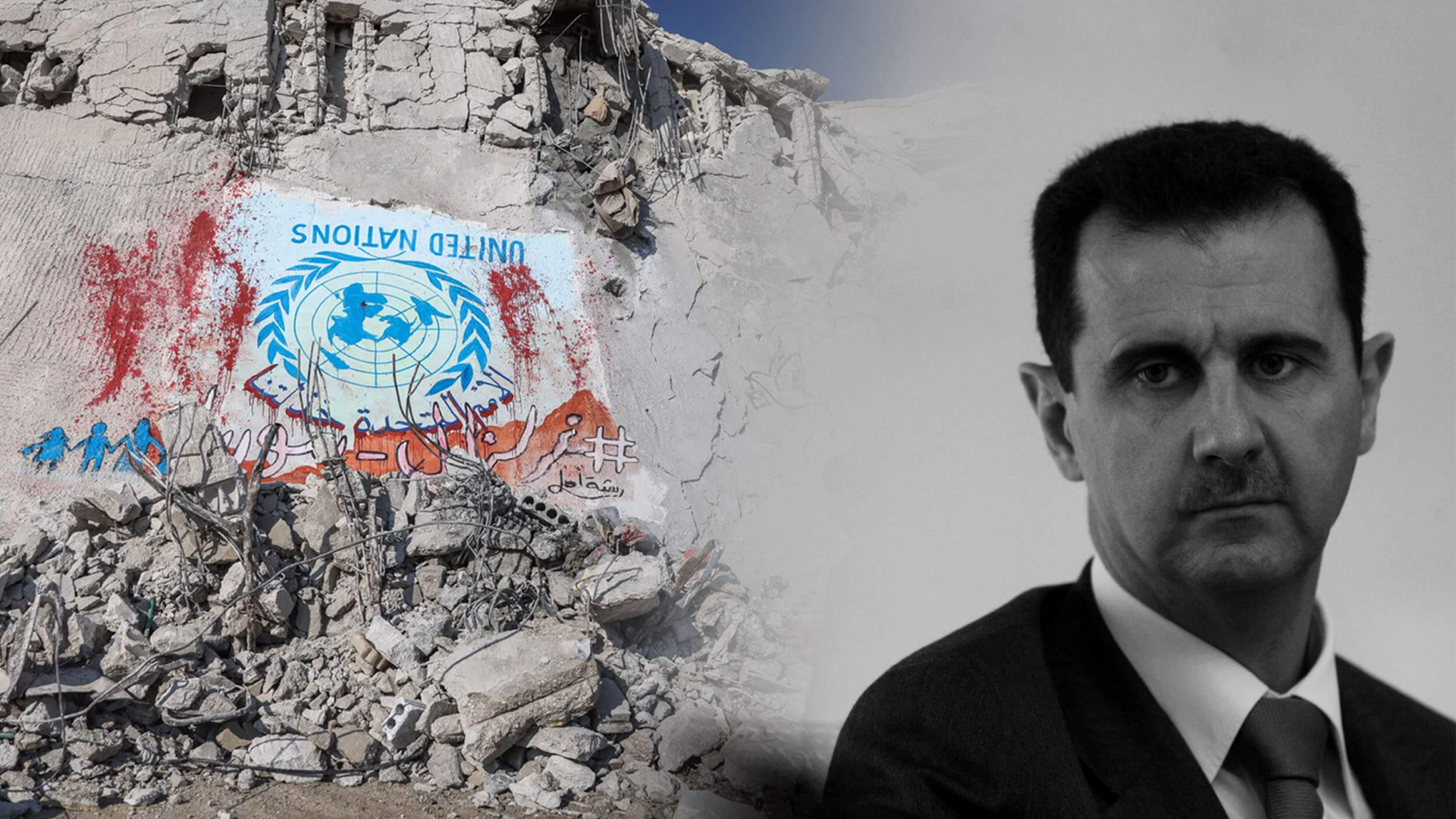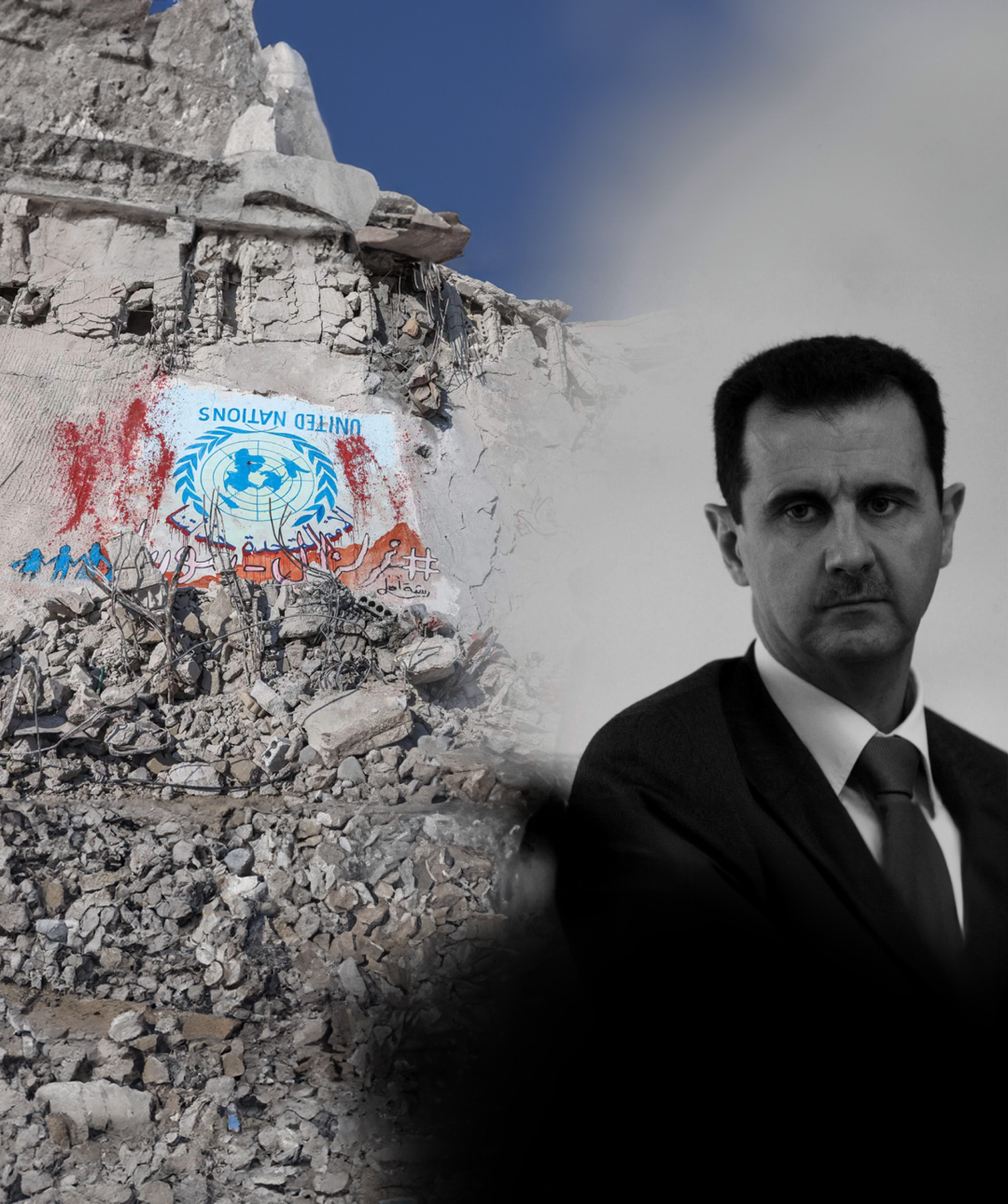

By HRF Legal and Policy Researcher Claudia Bennett
The combination of a 12-year conflict caused by a dictator who glorifies and celebrates his atrocities, a global pandemic, and now a natural disaster would surely have the world concerned and anxious to help. But, this has not been the case. The people of Syria have been forgotten, ignored, and abandoned.
The recent earthquakes in Turkey and Syria have created a crisis within a crisis. This is an emergency within an emergency. And the world needs to respond accordingly.
As of Feb. 15, more than 41,000 have died, tens of thousands injured, and at least one million people are homeless after two consecutive earthquakes — the first a 7.8 magnitude quake and the second at a 7.6 magnitude less than 12 hours later — struck Turkey and Syria last Monday. The epicenter was in Gaziantep, Turkey, but damage has been reported in 27 cities across the two countries.
The affected region of Syria is the rebel-controlled northwest, home to roughly 4.5 million people, almost all of whom require humanitarian assistance. There’s one major barrier, however: Any aid entering northwest Syria must be approved by the Turkish government, as it can only go through one crossing at their border. In 2014, the United Nations Security Council (UNSC) authorized four crossings for aid into Syria, two from Turkey into northwest Syria and two from Iraq into the northeast. By 2022, the UNSC had reduced the four crossings to one, leaving the Bab al-Hawa crossing as the only internationally agreed-upon access point to serve 4.1 million people. And every six to 12 months, the UNSC resolution threatens to expire, thanks to Russia’s veto power as a permanent member.
So, the people of Syria, who have simultaneously experienced conflict, hunger, cold spells, a global pandemic, and now one of the worst earthquakes the region has ever seen, are again left to fend for themselves while the world sits back and watches.
The White Helmets, an organization of volunteer first responders, have been tirelessly working to rescue those trapped under the rubble. They are one of the only organizations reporting what’s happening on the ground and are responsible for most, if not all, of the rescue missions — saving countless lives and, while ensuring families can bury their loved ones. This scene is all too familiar to the White Helmets — and the people of Syria.
While the White Helmets worked 18-hour shifts, listening for cries for help under the rubble, Syrian President Bashar al-Assad blamed the West and sanctions for the lack of humanitarian assistance. Many believed his claims and called upon the US and European Union to lift the sanctions, but others, including the US State Department, rightly pushed back, dismissing these calls. US sanctions, such as the Caesar Syria Civilian Protection Act, are aimed at Syrian government officials, foreign persons, and entities that provided financial or material support to the regime. The goal of these sanctions is, as Wa’el Alzayat, a Syrian and former US diplomat, puts it, straightforward: to limit Assad’s regime, financially and militarily. They have no impact on delivering humanitarian aid.
As if having Assad divert attention from the earthquake victims wasn’t enough, the regime threatened to block any assistance to the opposition-held areas. Syria’s UN ambassador, Bassam Sabbagh, said aid should be routed through Damascus, allowing the regime to distribute it how it sees fit or, worse, not disperse it at all.
Is it realistic to assume that those who have committed mass atrocities for the past 12 years would suddenly help the very same people they have killed, tortured, forcibly disappeared, and displaced?
You might be wondering where the UN is in this story. Tragically, the answer is nowhere. There was praise on Thursday when trucks carrying aid entered the region; however, they were scheduled before the earthquake and didn’t contain the equipment required for search and rescue missions to recover those trapped under the rubble. And humanitarian aid and workers only arrived in northwest Syria on Sunday. The UN waited until they received permission from the Assad regime — the same regime responsible for death and destruction for more than a decade. The UN’s lack of a rapid response, or any response at all, has been lethal.
While some may use the lack of border crossings, the destruction of roads, or Assad’s control as an excuse not to act, it really comes down to a lack of will. In fact, in a press conference Monday, when asked why it took a week to open the other border crossings, Sabbagh smirked and said, “Why are you asking me? We don’t control the borders.” When there’s a will, there’s a way, especially when lives are at risk.
Raed al-Saleh, head of the White Helmets, called the UN’s response “catastrophic.” Charles Lister, Director of the Middle East Institute’s Syria Program, declared it “a failure of UN leadership.” Even the UN Relief Chief, Martin Griffiths, admitted that the UN had failed the people of Syria.
Humanitarian aid in Syria has long been politicized, but why?
When lives are at risk, why do politics play a role? Instead, we should demand more support, advocacy, and, most importantly, action from the UN and democratic governments. As former OFF speaker Omar Alshogre tweeted, “despite its brutality, the earthquake is like a drop in the ocean of what Assad has done to the people of Syria in the past 12 years.” The global community continues to ignore Syria. When will we wake up?
Hit enter to search or ESC to close